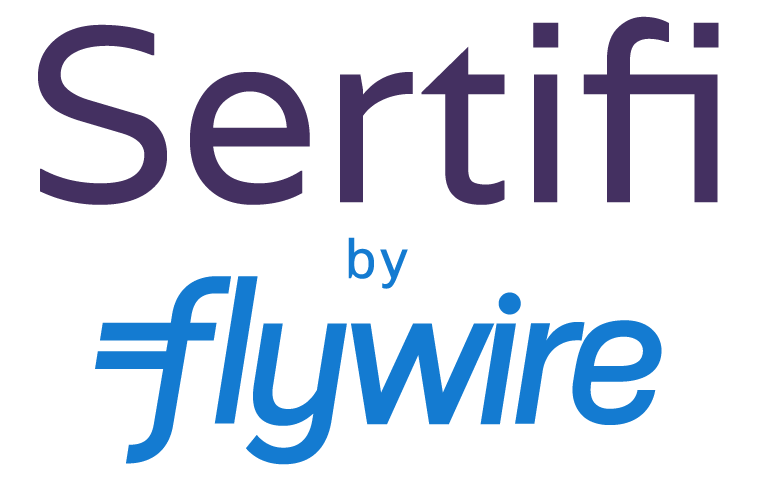Best Practices to Get Ahead of Common Hotel Chargebacks Culprits
You’d be hard-pressed to find a hotel that hasn’t felt the pain of chargebacks. And with more guests initiating hotel chargebacks instead of refunds, plus increasingly smarter fraudsters, you’re losing more and more time and revenue to them.
The best defense is a strong offense. It's vital to be prepared and know how to act quickly to minimize impact, and the first step in building a strong prevention strategy is knowing what (or should we say who) to look out for.
Your most serious culprit is a fraudster, but there are a lot of best practices you can implement with your guests directly to get ahead of chargebacks.
Let's dig into how to be prepared for both.
Problem #1 (Your Guests): Getting Ahead of Friendly Fraud and Chargeback Fraud
Oftentimes, inadequate communication results in friendly fraud, where a guest initiates a chargeback for a transaction they forgot or genuinely didn’t realize is legitimate. Maybe they missed a portion of your booking policies or didn’t pay attention to added fees. Sometimes, it’s as simple as the billing descriptor on their card statement being unclear.
Guests could also fail to properly communicate with you. For example, a guest disagrees with your cancellation policy so they opt for a chargeback. But there could be any number of reasons they’re unhappy with your services. The smallest inconvenience could prompt them to expect their money back, and because their card issuer is more likely to side with them than you are, they’ll initiate a chargeback instead of requesting a refund or some other kind of compensation.
In fact, 72% of cardholders think disputing a charge with their bank is a valid alternative to requesting a refund from a merchant. (Source: The Paypers)
Here are common reasons why they consider it easier:
How to Solve:
- Stop key-entering card-not-present transactions. If you're key-entering cards at your front desk, you're not only subject to higher processing fees than necessary; you also make it much harder to defend yourself if a guest disputes a legitimate charge. There is no proof the cardholder approved the transaction.
- Process online and enable 3-D Secure. By taking advantage of an online processor, you can turn on 3-D Secure, an easy way to authenticate cardholders before a transaction processes, proving their awareness and approval of the charge.
- Have guests sign-off on policies and pricing breakdowns before a booking can be finalized. If they try to initiate a chargeback later, having a signature on file is strong evidence they acknowledged this information and decided to proceed with the transaction.
- Regularly touch base with guests throughout their stay. You can get their feedback both in person and from your website and other systems, giving them multiple ways to provide feedback so you can get ahead of potential disputes and stay in control of how they're handled.
- Make it easy for guests to request a refund from you upon checkout and post-stay, and be prompt and reasonable when responding to their feedback. It may be better to salvage a portion of the payment than risk losing everything.
Problem #2 (Fraudsters): Getting Ahead of Criminal Fraud
With the rise of online bookings and purchasing, many transactions occur without your guest or their physical card present. Card-not-present transactions are more susceptible to disputes – accounting for 64% of fraud losses – leading to a higher incidence of chargebacks.
How to Solve:
It’s smart to have multiple fraud prevention tactics in place in order to make card-not-present transactions safer for you and your guests.
- Train your staff to carefully review your hotel credit card authorization form. If set up properly, your form can give you several clues you're dealing with a fraudster instead of a legitimate customer. For example, watch out for same-day arrivals, and Google addresses to ensure they're legitimate locations. You can download a free form template here.
- Adopt an advance deposit policy. Some hotels choose to charge a minimum, others the full amount immediately. If the transaction’s being made with a stolen card, the true cardholder will get a notification of the charge, which will prompt them to contact you.
- Cardholder authentication. Address Verification Service is an easy, effective way to ensure the cardholder is in possession of their card and initiating the transaction.
- Require an ID. Typically, fraudsters will abandon the transaction if prompted to submit photo ID as part of the authorization process. If they do share an ID, your property can examine the ID and look for doctored images.
While chargebacks are inevitable, there are still many ways to stay ahead of them and better protect your business. And the more tactics you implement, the more time and revenue you can save.
Recommended Guide
Hotel Chargebacks and Fraud Prevention Guide
Get a deeper dive on chargebacks and ways to reduce them, saving you thousands each year.

